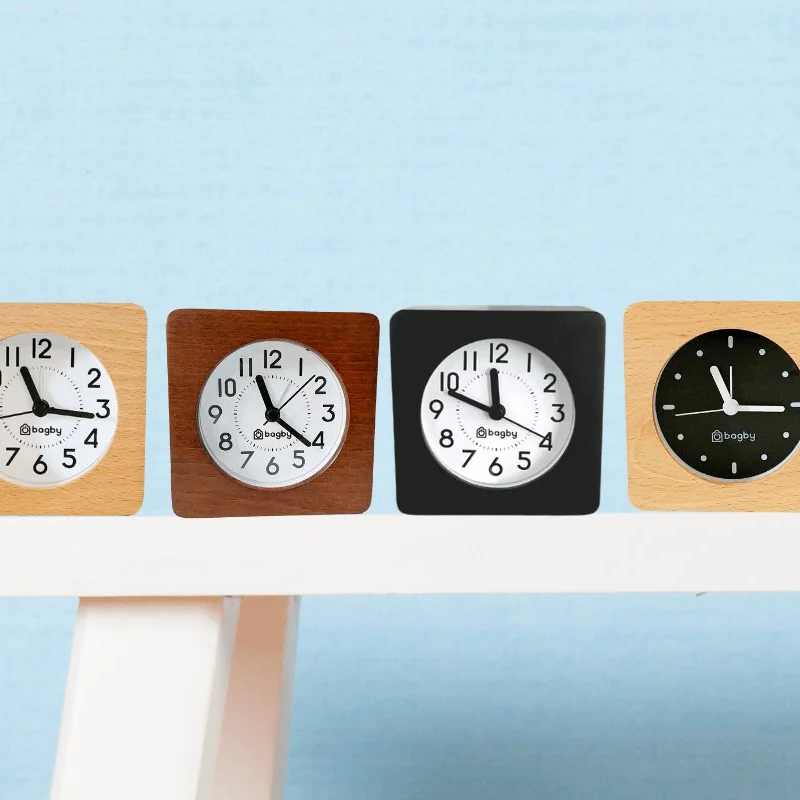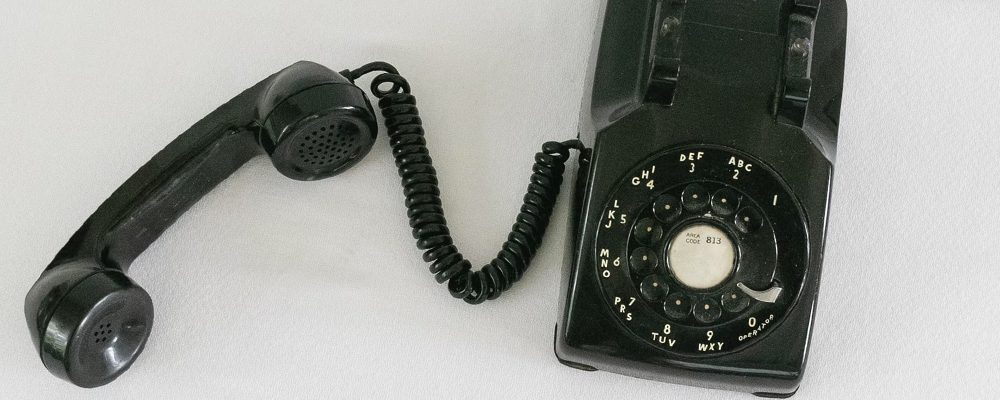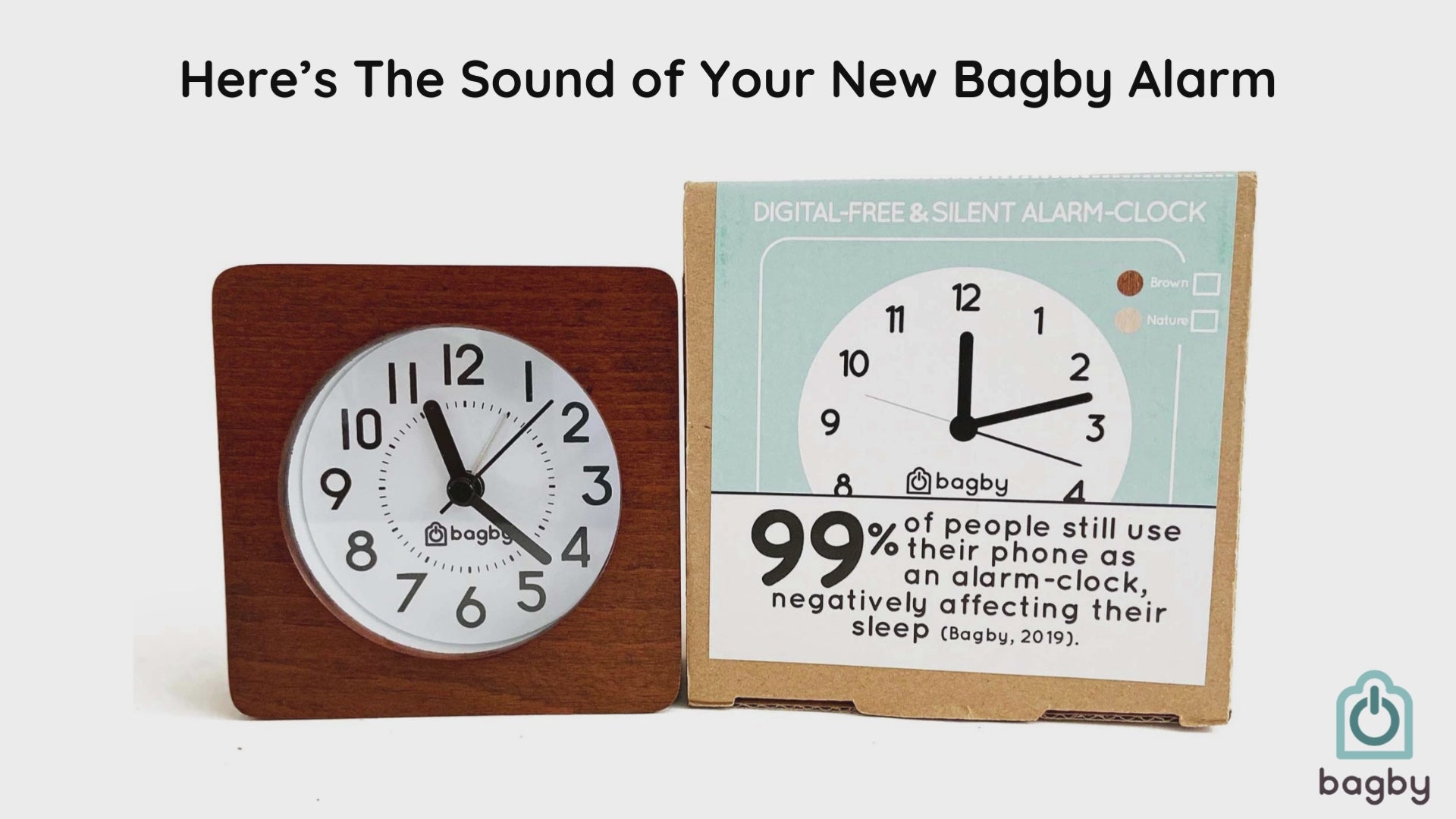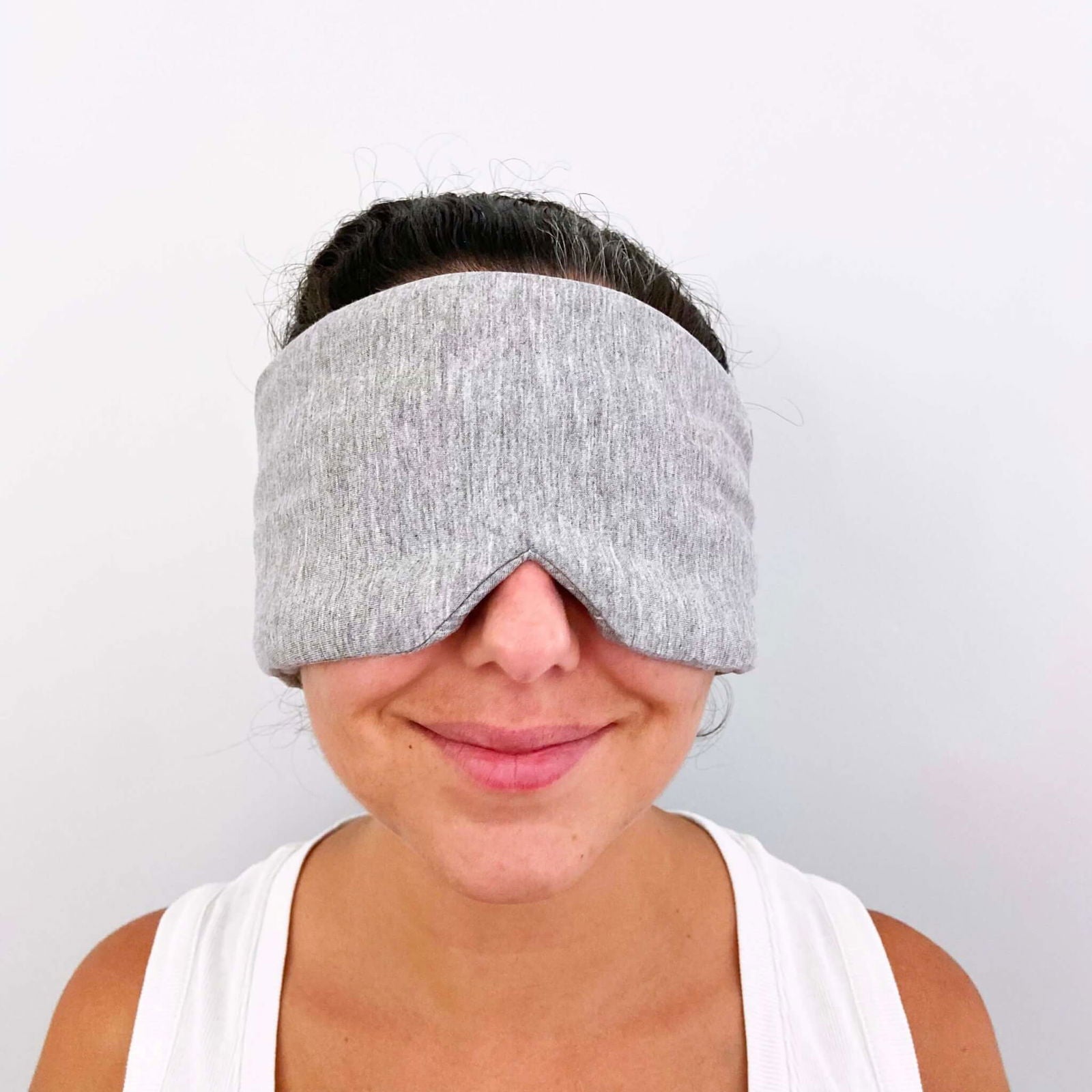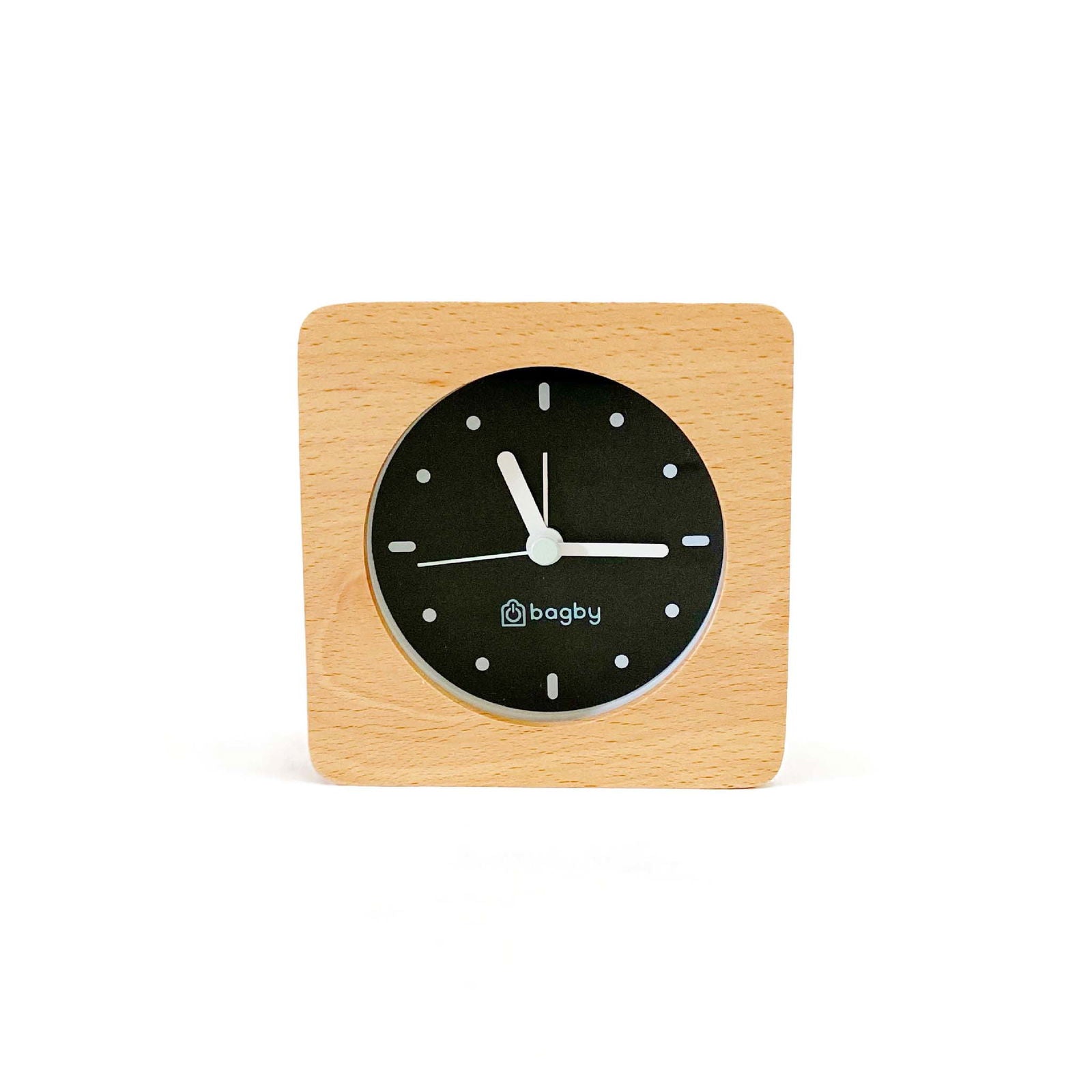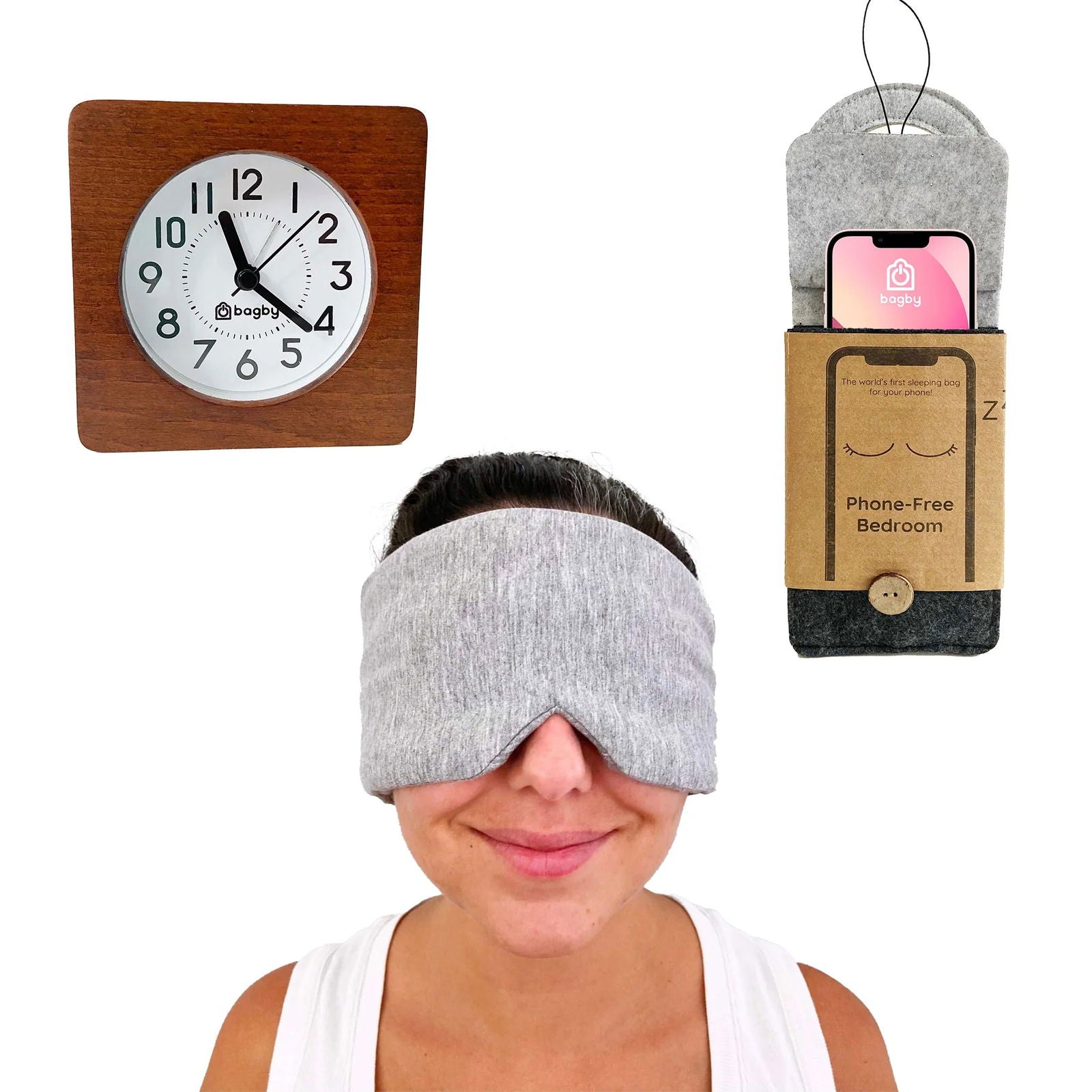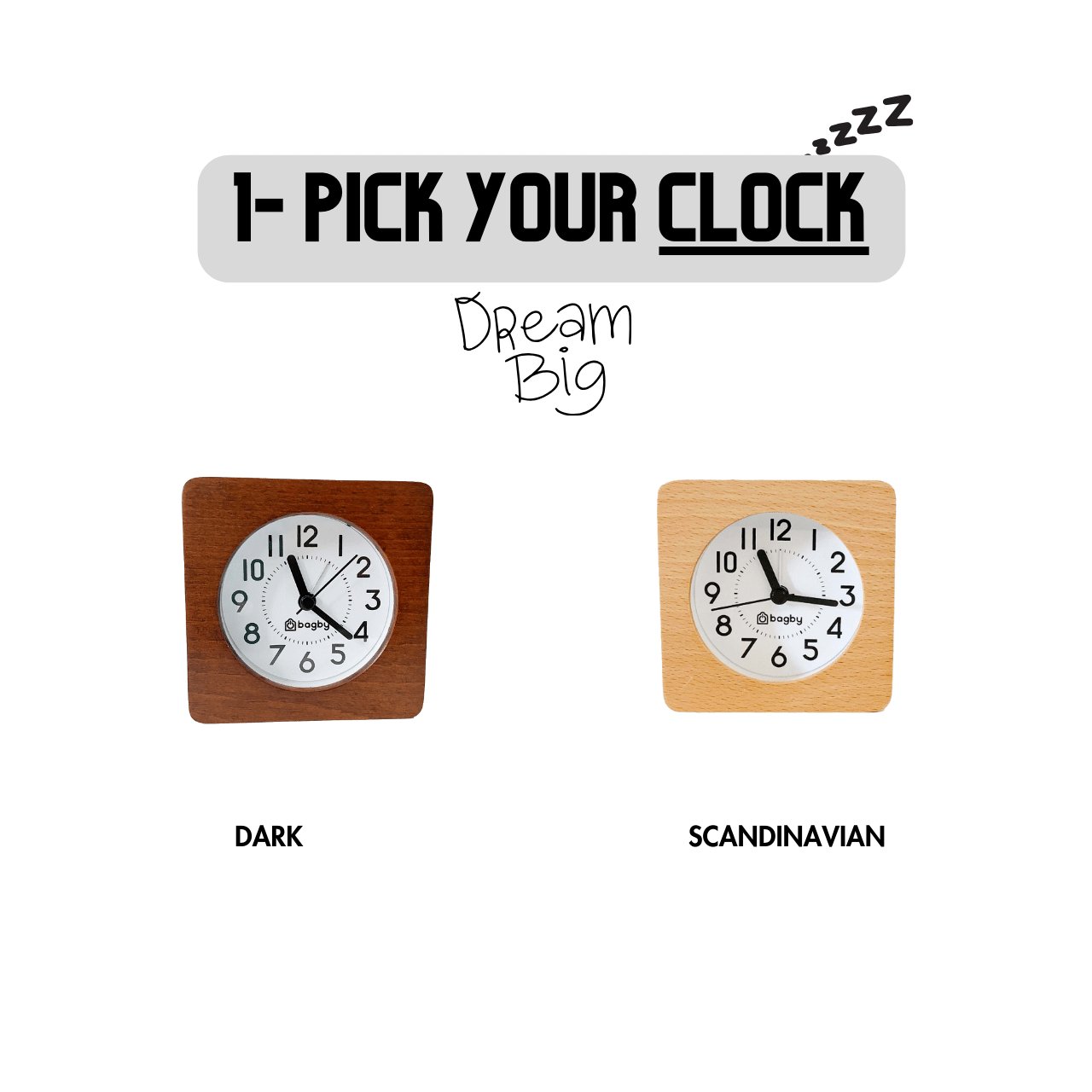According to a survey, 75% of millennials prefer texting over phone calls. And experts say that we’re losing that sense of deep personal connections because of this.
In this post, we’ll look at the act of texting from a psychological standpoint and analyze its impact on your physical and mental wellbeing. Besides that, we’ll also put phone calls through the same filter to see if they're any better.
So, let’s begin.
The Importance of Human Connection
My father told me of a careful observer, who certainly had heart disease and died from it, and who positively stated that his pulse was habitually irregular to an extreme degree. Yet to his great disappointment, it invariably became regular as soon as my father entered the room.
An excerpt from Charles Darwin’s book “The Expression of the Emotions in Man and Animals"
Human connection—the ability to care for others, stick together, and show compassion—is one of the things that makes us the advanced civilized species we are today. And the need to have this connection is deeply engraved in our DNA.
Indeed, in the age of modern technology, one can technically survive without human connection. You can refuse to leave your home for months, and you’ll be absolutely fine—well, physically at least.
But research studies say that lacking social connection creates imbalances in our psyche, pushing us to develop several physical and mental health problems. Have a look.
Disrupted Sleep Patterns
Loneliness induced by a lack of social connections is linked to sleep disorders in young adults, says a research study from King’s College, London.
For this study, the researchers gathered more than 2000 volunteers aged 18-19 years old and surveyed them on the loneliness scale and sleep quality.
They found that the lonelier an individual is, the less sleep they’ll get. They said that the association between loneliness and sleep quality was present even after taking other symptoms of mental health problems such as depression and anxiety into account.
Professor Arseneault, one of the researchers in this study, said,
“Many of the young people in our study are currently at university, living away from home for the first time, which can compound feelings of loneliness. It is therefore important that they receive appropriate support to address these feelings before they turn into severe mental health problems.”

Low Self Esteem
Experts say that if individuals don’t socialize, they may slowly develop poor body image and self-esteem.
This can make them feel like they’re not worthy of receiving attention and care from others, which can result in them developing various mental health problems.
Besides that, studies say that low self-esteem often leads an individual to harmful activities like taking drugs and consuming lots of alcohol.
Weakened Immune System
Experts say that when you’re socially inactive, it can make your life much more stressful. This, in turn, causes chronic stress, which then goes on to disrupt your immune system.
In 2012, The Atlantic reported on a research study that explored the hypothesis that prolonged social inactivity could disrupt the immune system in the human body.
For this study, they gathered some overweight but otherwise healthy middle-aged adults and some volunteers who survived breast cancer. They did a number of tests, including asking them to fill in a questionnaire on their social activity levels.
They found that “the loneliest of the otherwise healthy participants had more markers of inflammation when tasked with a stressful activity, like speaking in front of others or doing math. The lonelier breast cancer survivors, in addition to increased inflammation, experienced more pain, depression, and fatigue.”
They concluded the study by saying:
“Loneliness acts as a stressor, is associated with a variety of “dysfunctional immune responses,” and may well be harmful to our health.”
And More…
These are just a few of the problems associated with social inactivity and loneliness. There are more, including depression, anxiety, and increased cortisol levels.
But how is texting related to loneliness and all these health problems? After all, you are texting with other people, right? So, isn’t that the definition of socializing?
As Modern Technology Grew
For more than 100 years after the invention of the telephone, getting a phone call was an event. A high-pitched ring from the telephone set the whole house in motion to find out what the mysterious caller on the other side had to say.
Phones had their own table to rest upon, and there was always a pen and a notepad nearby in case the receiver needed to jot down an important message.
If you missed the phone call, you’d be missing out.

Thanks to modern technology, we don’t have to miss out on important messages anymore. They will be there, on our phones for us to see even hours later.
But experts say that, although we aren’t missing out on our messages, we might be missing out more than ever.
Today, we prefer texting for hours over engaging in a 10-minute phone call. And that’s taking away the key aspect of socializing.
Why Are We Texting More?
Smartphone users in the United States send and receive five times as many texts compared to phone calls each day, says a report from International Smartphone Mobility.
But why is a large number of the human population doing this? Are texts better than phone calls?
Benefits of Texting
“The proclivity to text instead of call is about control,” says Ken Sereno, an expert in interpersonal communication at the University of Southern California. “When you use text or e-mail, you have a chance to compose yourself before you respond, and you can carefully choose the words you say.”
Besides that:
- Texting is way less intrusive than calling
- You can reply after some time if you’re busy
- Texts are private, so it’s easier to talk about things without people overhearing your conversation
- It’s often cheap or even free
But It Has a Downside
Text messages leave out some crucial aspects of a conversation, like rate of speech, pauses, and vocal intonation. The things that make a conversation deeper and more meaningful. “You can only make a judgement based upon your own interpretation of the text, and those are made based on past experiences,” says Sereno.
“The anxiety about spontaneity and the desire to manage our time means that certain conversations tend to fall away. Namely, the ones in which we discover something unexpected about each other. An instant message-based relationship — unsurprisingly — delivers the lowest amount of emotional connection while giving users the illusion of it, or at least the absence of loneliness.”
An Excerpt from Reclaiming Conversation: The Power of Talk in a Digital Age by MIT professor Sherry Turkle
On the other hand, even as awkward as it may be, replacing texts with phone calls is known to cement the bond between two individuals and enhance their sense of belonging.
Why is a Phone Call Better?
The best of all options is to meet the other person in real life. But, there are some circumstances that force an individual to resort to using electronic communications to be in touch with their loved ones.
If that’s the case for you, I recommend you choose phone calls over text messages. And here’s why.
They're Short, Crisp, and Get the Job Done
Some fear that making phone calls will take up a lot of their time. But in reality, it’s the exact opposite.
Texting requires thinking, crafting responses, editing and sending them, and waiting for the other person to read and respond through the same process. On the other hand, a phone call is live, which means the communication won’t involve much filtering of what you say.
This makes the conversation short, more personal, and gets the job done faster than a text.

No Radio Silence—No Misunderstandings
Texts aren’t live, which means you can hold off your response as long as you want. So, when you do wait to send a reply, the person on the other end can misinterpret your silence as you ignoring their communication efforts.
This can lead to misunderstandings and hurt feelings.
Better Non-Verbal Communication
Non-verbal communication is the hidden pillar of meaningful conversations and personal bonds. The way you react to a certain phrase lets the other person know exactly how you feel about what they said.
When using text messages, it can be challenging to read tone and attitude, as they provide no non-verbal information.
In-Depth & Meaningful Conversations
When you call someone instead of texting them, it will allow you to have a much more in-depth conversation. And as I already mentioned, it’s tough to misinterpret what you say on the phone, and this degree of clarity further cements your relationship.
You Can’t Send a Text if They Don’t Have a Cell Phone
According to Pew Research Center, around 3% of the people in the United States don’t carry a mobile phone. This can be your parents, grandparents, or your other loved ones.
If you’re in the habit of texting and calls make you awkward, it can detach your relationship with people who don’t text.
Video Calls Are Good Too
A collaborative study by the University of California, Los Angeles, and Children’s Digital Media Center says that meeting people on video may be better than simply talking on the phone.

In this study with 58 female college students, the researchers found video calls are just slightly less personal than in-person meetings. That’s because, when you’re on a video call, you can see the other person’s facial expressions like leaning in, affirmative nods, and the Duchenne smile.
The researchers said:
“Video chat, which affords the ability to exchange both verbal and visual cues, more closely resembled in-person communication in terms of bonding than
did.”
Final Thoughts
Modern technology has many benefits. But, it’s also easy to get hooked into the ways of technology and leave behind the critical pieces of what makes humans “the social animals.”
And this can result in a ton of problems that affect you physically, mentally, psychologically, and emotionally.
This is why you have to be mindful while using technology. You need to ensure that it’s working to make your life easier rather than taking over it. And that’s where building a healthier relationship with technology chimes in.
Doing this helps you enjoy the convenience technology provides without being subjected to the health risks that tag along. Learn how on The Healthier Tech Podcast, where experts from different industries discuss how you can make technology safer and healthier for you and your loved ones without missing out on its benefits.


